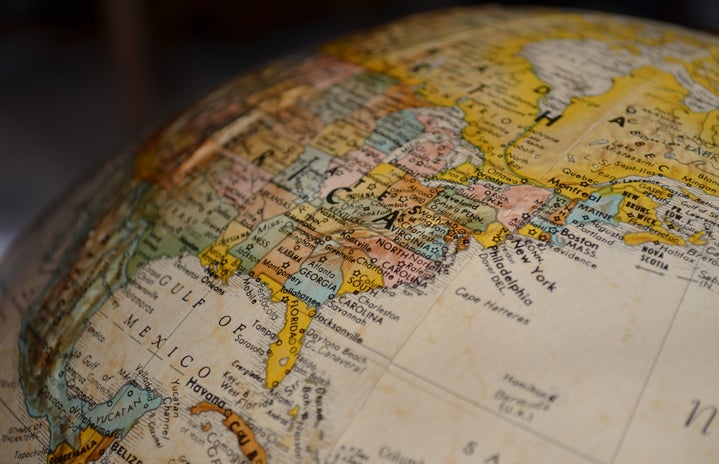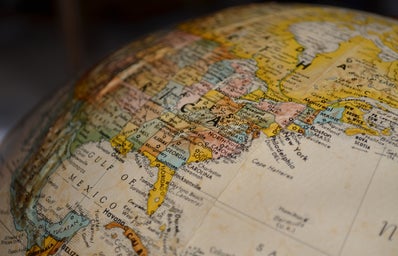Ahead of Columbus Day, Donald Trump made a statement on October 9th celebrating the legacy of the controversial explorer, Christopher Columbus. Trump lamented, “Sadly, in recent years, radical activists have sought to undermine Christopher Columbus’s legacy… These extremists seek to replace discussion of his vast contributions with talk of failings, his discoveries with atrocities, and his achievements with transgressions.” Trump held firmly to the increasingly outdated narrative of Columbus, the brave explorer who “discovered” (emphasis added) the New World and ushered in the glorious age of exploration. He proclaimed that Columbus opened “a new chapter in world history.”
Whatever we may think about Columbus and his legacy, he did usher in this “new chapter.” As we continue to reckon with the violent legacy of that new chapter, however, we need not continue to glorify a man who committed unbelievable atrocities upon the people whose land he “discovered.” Columbus is principally criticized for his use of violence, enslavement, and brutal coercion of Indigenous populations to Christianity. His legacy has evolved even in the years since we all learned the jingle, “In fourteen hundred ninety-two, Columbus sailed the ocean blue,” and now his name is shrouded in controversy as historians continue to discover new details about his infamous voyages.
For a man who never stepped foot on what would eventually become American soil, his legacy looms large over our history. While the debate over celebrating Columbus Day is not a new one, it feels even more critical in the context of this year: amidst protests against police brutality and racial injustice in the wake of George Floyd’s murder, statutes of Columbus across the country were vandalized and one was even beheaded. In a time when America is painfully reevaluating the institutions and laws that oppress its own people, Columbus Day stands as a reminder of this continent’s violent past. If we credit him with the discovery of the Americas and expansion of European powers across the ocean, then we must also recognize that the “new chapter” he ushered in led to the displacement, enslavement, and brutalization of Indigenous and Black populations. Christopher Columbus undoubtedly changed the world, but continuing to romanticize his legacy ignores all the damage that he caused and left in his wake.
We don’t need to erase his name from the history books but must tell a more truthful and nuanced story of his legacy, and that includes no longer honoring him with a federal holiday. Several states and many local governments have changed the name and focus of the holiday to Indigenous Peoples’ Day in recognition of the disastrous and violent effects the arrival of Columbus had on Indigenous populations. What we celebrate and embrace as part of our national story sends a powerful message about who we are as a country, and we can do better than a thoughtless celebration of Christopher Columbus.
Sources:
https://www.history.com/news/columbus-day-controversy
https://www.bbc.com/news/world-us-canada-53005243
https://www.cnn.com/2020/10/12/us/indigenous-peoples-day-2020-states-trnd/index.html



